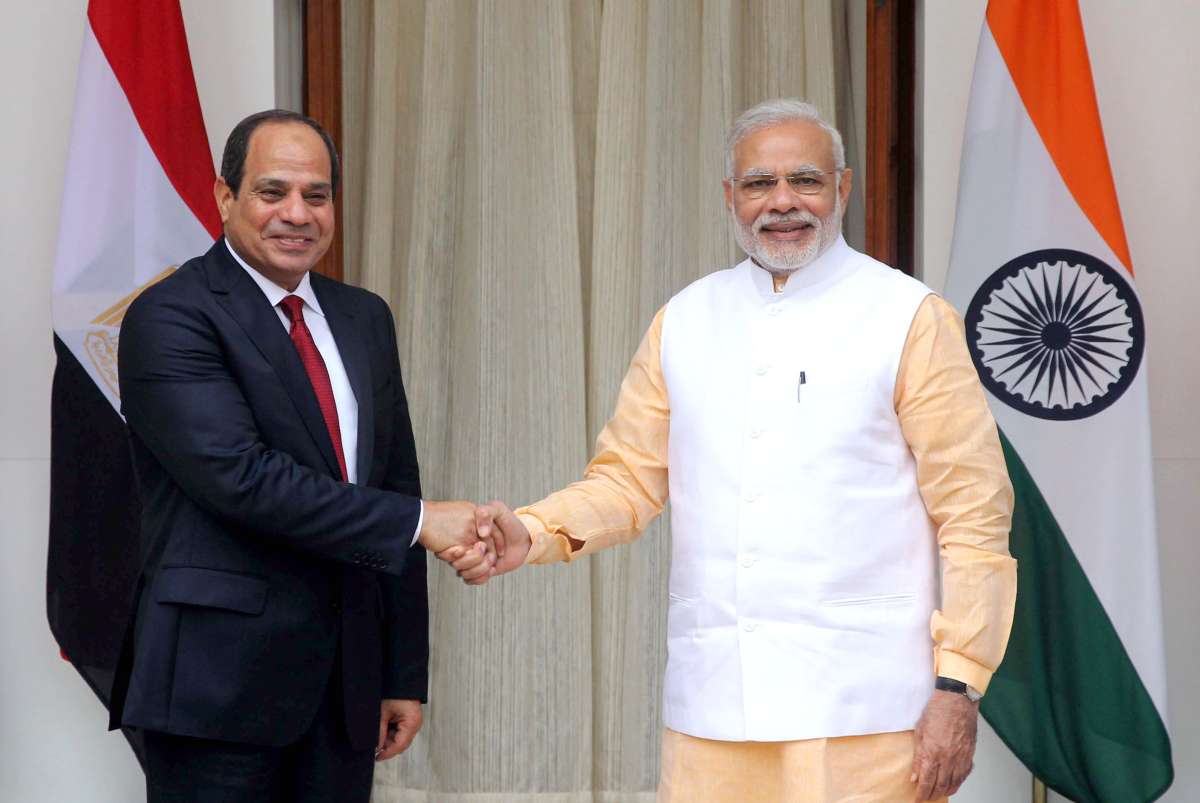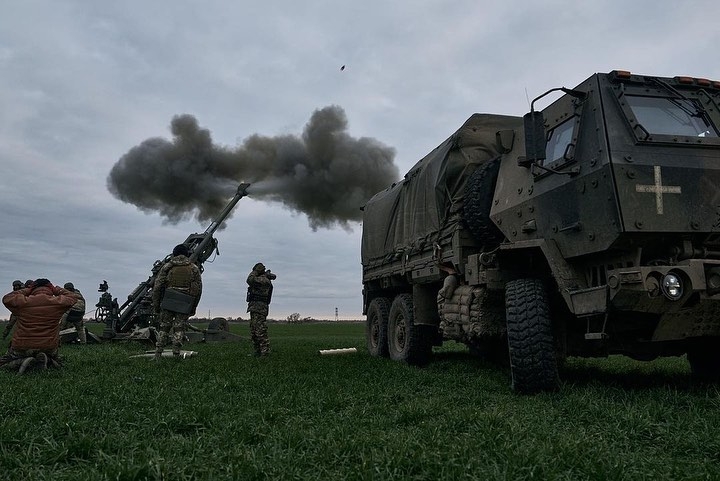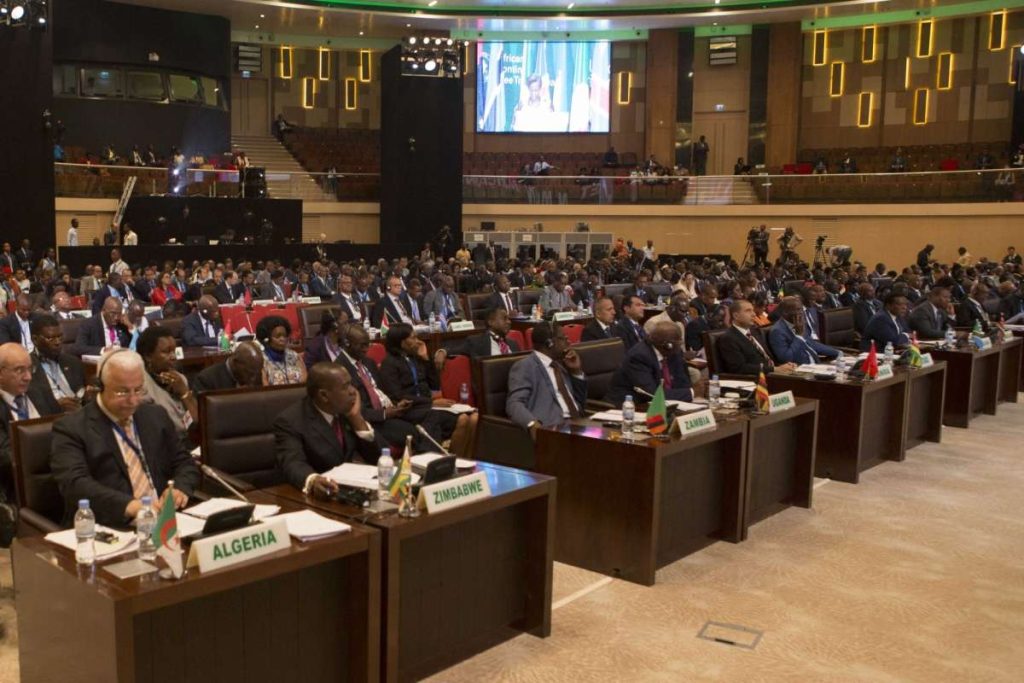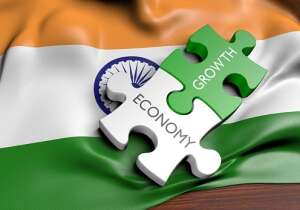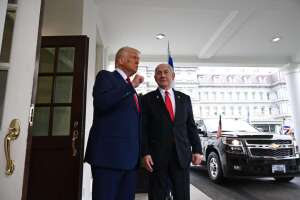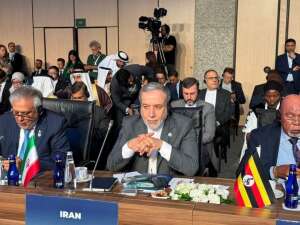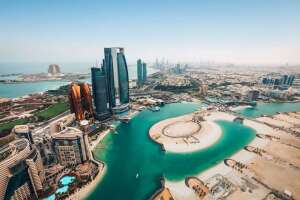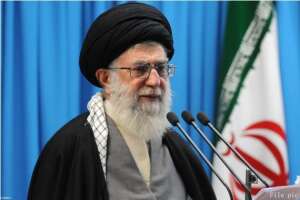Over the last few years, Cairo has emerged as a central player in developments in West Asia, the Red Sea, the Horn of Africa, and African affairs in general, writes Talmiz Ahmad
India’s invitation to the Egyptian president, Abdel Fattah al-Sisi to be the chief guest at the Republic Day celebrations is redolent with nostalgia and realpolitik, retrieving a valuable age-old relationship while recognising its importance for both countries in the changing regional political and economic scenario.
After the extraordinary bonhomie of the Nehru-Nasser years, the ties had lost most of their substance – Anwar Sadat had focused on building relations with western powers, while Hosni Mubarak sulked for twenty-five years over a perceived diplomatic slight during the NAM summit in 1983, and came back to India only in 2008.
There was some promise of improved relations during the presidency of Mohammed Morsi: in India in March 2013, Morsi spoke of enhanced economic ties and even referred to “E-BRICS”, with “E” representing Egypt’s membership of this important partnership. But Morsi was soon ousted in July and Egypt sank into political instability and economic turmoil, surviving on largesse from Saudi Arabia and the UAE.
Much has changed over the last few years. Though serious economic problems remain, in 2019 Egypt obtained a GDP growth rate at constant market prices of 5.6% and, after two difficult years during the pandemic (2020 and 2021) when growth was just over 3%, it has gone back to over 5% in 2022, a trend that is likely to continue over the next two years.
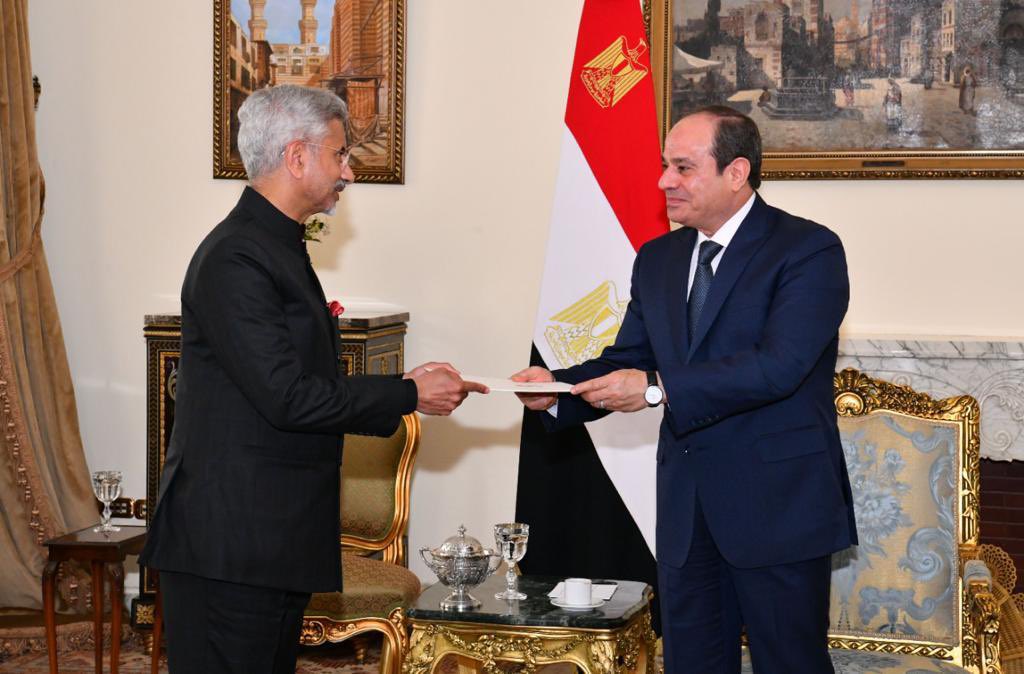
Over the last few years, Cairo has emerged as a central player in developments in West Asia, the Red Sea, the Horn of Africa, and African affairs in general. Though crucially dependent on the Gulf monarchies, Egypt has refused to support the Saudi-sponsored agenda of regime-change in Syria. It has also opposed the Saudi-led war in Yemen and called for a cessation of hostilities. and affirming that its armed forces are available to deter any threat to the security of its GCC brethren.
But there is more: though Saudi Arabia and the UAE remain important economic supporters, they have now been joined by Qatar as well, till recently a hostile presence in the region. Qatari foreign minister, Sheikh Mohammed bin Abdulrahman Al-Thani, visited Cairo on 29 March last year, and promised a $5 billion package to strengthen economic ties “between the two brotherly countries”. Thus, Egypt has broadened its GCC engagements beyond Saudi Arabia and the UAE.
The other significant Egyptian diplomatic effort has been to forge close political and economic relations with Iraq and Jordan. After three informal meetings since March 2019, the leaders of the three countries met in Baghdad in June 2021. This tripartite partnership – referred to as “al-Sham al-Jadid” or the “New Levant” — promises to synergise the strengths of the countries in the areas of energy, trade and investment, including pipeline projects and connecting their electricity grids. The leaders have also said that membership is open to other countries, with Syria and Lebanon as partners in the near future.
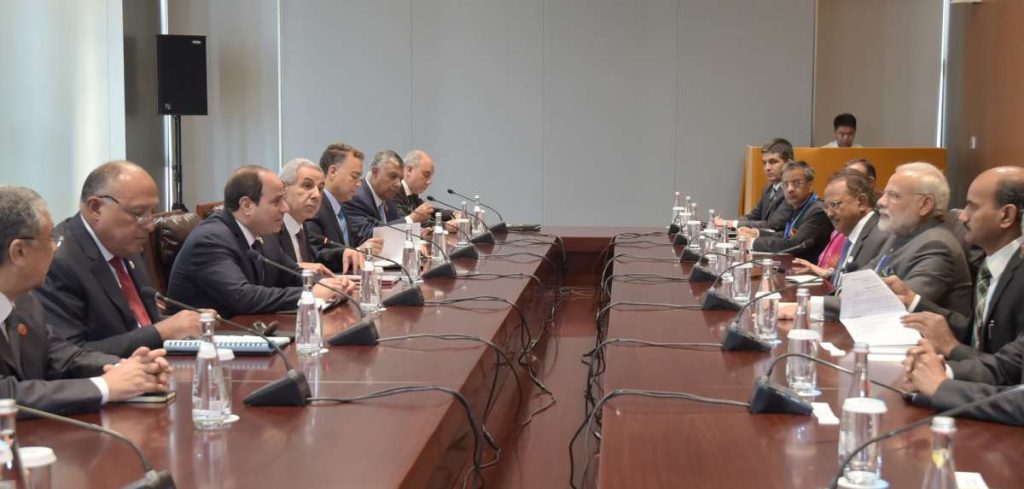
This summit has been followed by another one, this time in Amman, in December 2022. Besides highlighting economic cooperation, the leaders have spoken of regional security and stability as priority concerns, besides collectively facing food, water and energy security challenges.
The regional security scenario has been complicated by two developments that have recently emerged in the Red Sea littoral. One is the increasing frequency of lowkey skirmishes between Iranian and Israeli vessels in the Red Sea and the eastern Mediterranean over the last two years, involving both commercial and naval vessels. As Israel becomes more aggressive in opposing Iran’s nuclear activity and possibly seeking to provoke Iran into an aggressive response, these skirmishes could easily escalate into a major conflict that could block the Bab al Mandab.
The other threat to regional peace is the sharpening divide between Egypt and Ethiopia. In 2011, Ethiopia began the construction of the Grand Ethiopian Renaissance Dam (GERD) on the Nile, largely to provide electricity to the power-starved country. Egypt is concerned that the dam would reduce water supply for its own population and has embarked on an extensive diplomatic effort to garner support from African countries in East Africa and the Horn of Africa through economic, political and defence agreements.
In response to the maritime challenges in the east Mediterranean and the Red Sea, Egypt is also attempting to enhance its naval capabilities. It has set up a new naval base at Gargoub on its northern coastline, about 140 km from its border with Libya. In January 2020, Egypt inaugurated its Bernice naval base on the Red Sea, and has announced plans to set up another base in the north, east of Port Said.

President al-Sisi’s visit to India on our Republic day is taking place in the background of the significant regional developments discussed above, which offer opportunities to set up bases for cooperation for mutual interest and take relations into new hitherto unexplored areas.
The two countries of course already have in place solid foundations on which to build these new cooperative initiatives. There have already been personal interactions between al-Sisi and Prime Minister Narendra Modi – Modi visited Cairo in August 2015, while al-Sisi was in India for the India-Africa Forum in October 2015, and then on a bilateral state visit in September 2016. There have been several exchanges at minister-level, including those of the Indian defence minister and external affairs minister late last year.
Trade ties have flourished, going from $4.55 billion in 2018-19 to $7.26 billion in 2021-22, a 75% increase over the previous year, making India the third-largest export market for Egypt and its sixth-largest trade partner. Indian companies have also invested in some high-value projects in Egypt, such as the $1.5 billion PVC and caustic soda plant in Port Said.
Bilateral defence ties are being managed through the Joint Defence Committee that, since 2006, has met nine times. Defence cooperation has included: joint exercises of the navy and air force, several training programmes, and participation in each other’s defence exhibitions. Both sides are looking at cooperation in the defence industry sector.
(The author, the former Indian ambassador to Saudi Arabia, Oman and the UAE, holds the Ram Sathe Chair for International Studies, Symbiosis International University, Pune. His new book, West Asia at War: Repression, Resistance and Great Power Games, was published in April last year)
ALSO READ: Egyptian Minister says India top destination for tourism, investment

